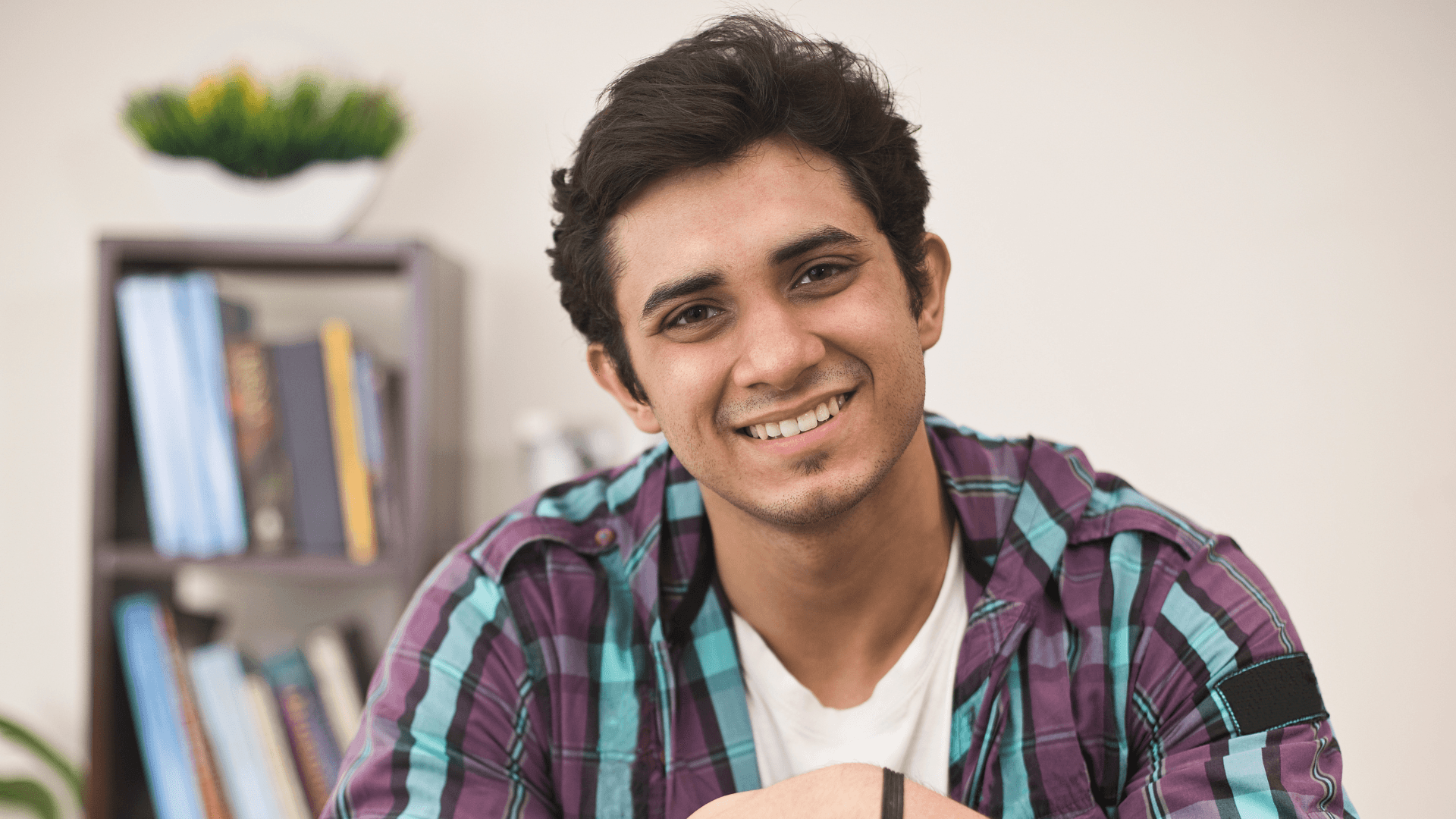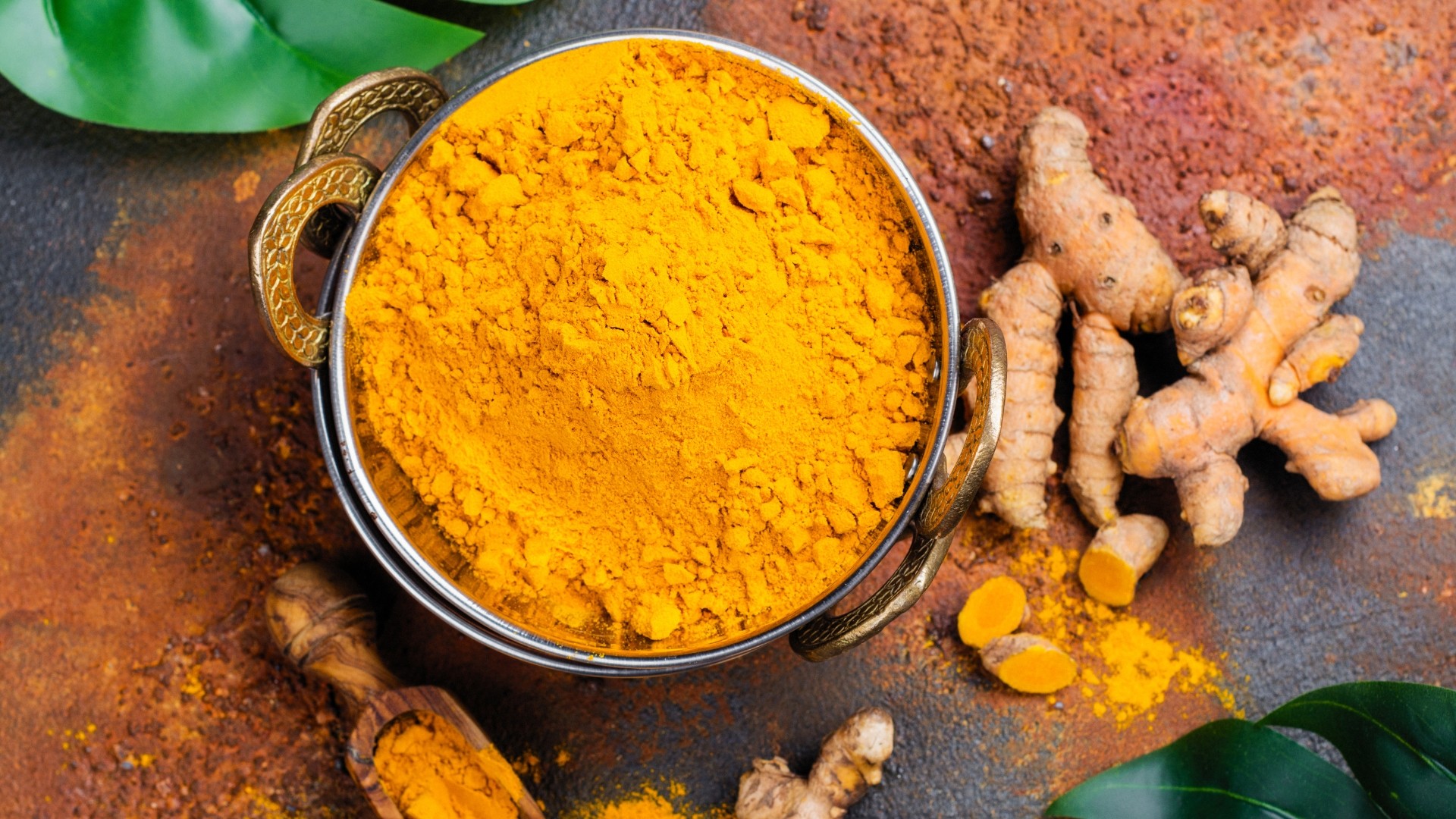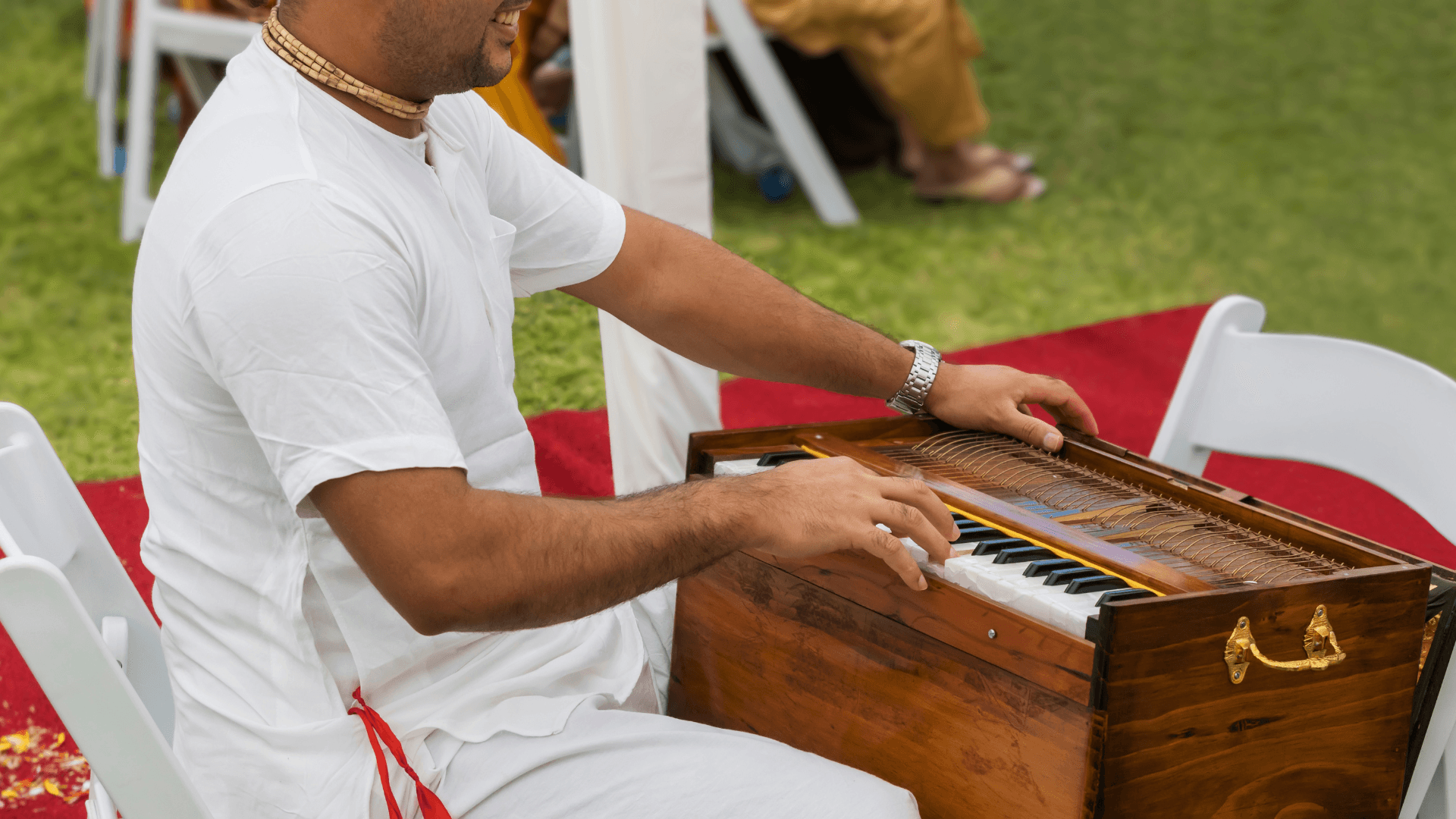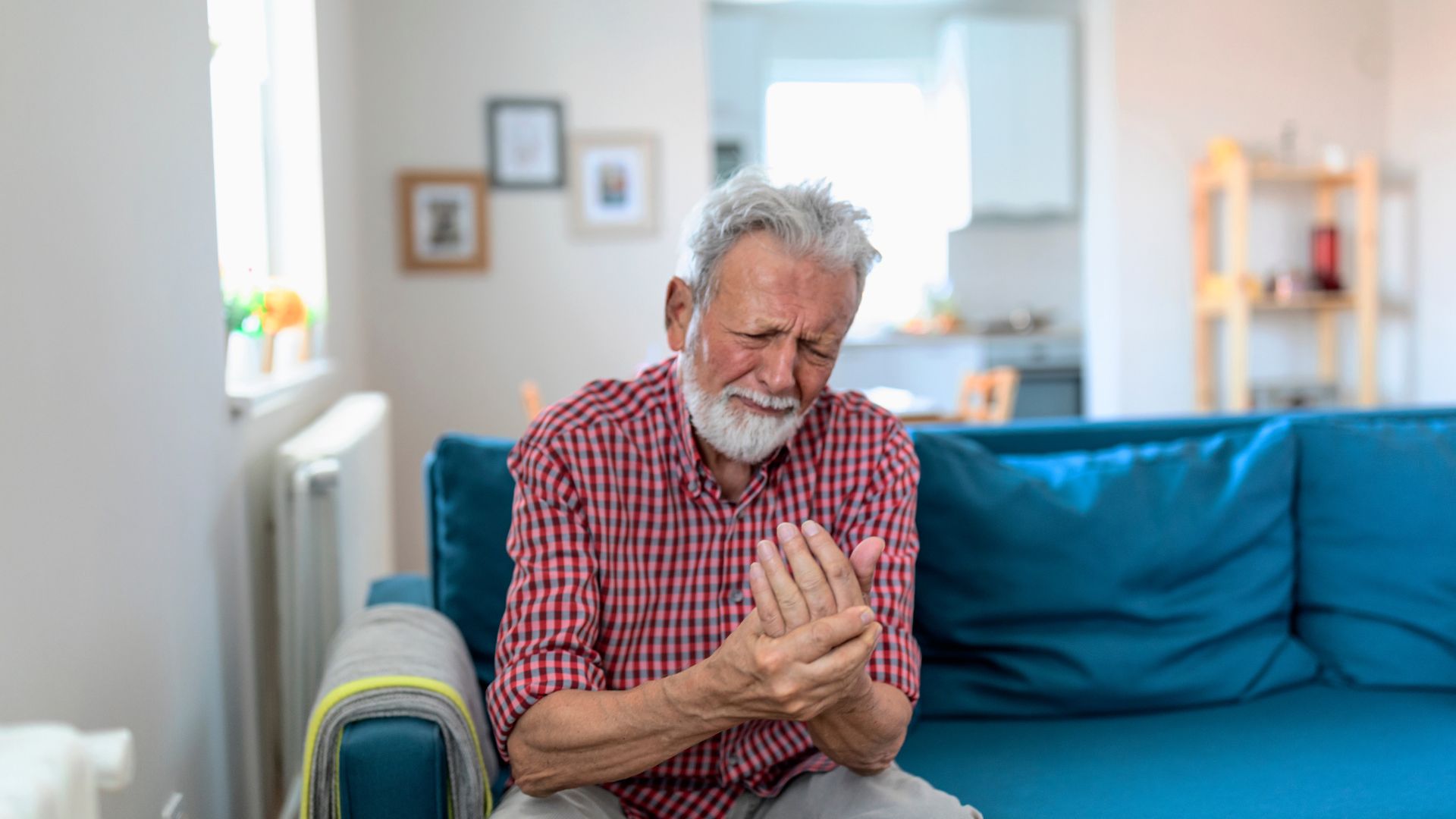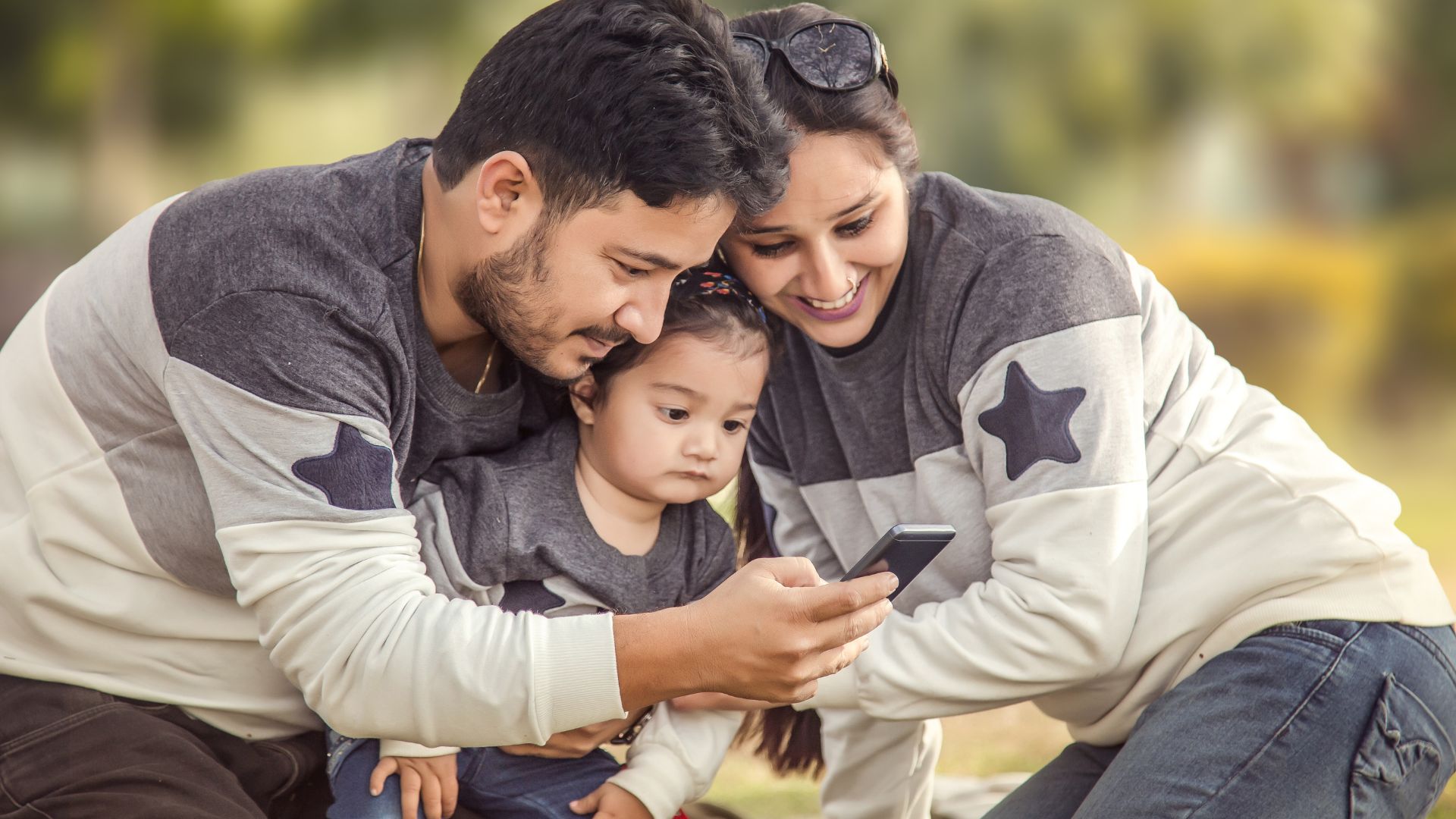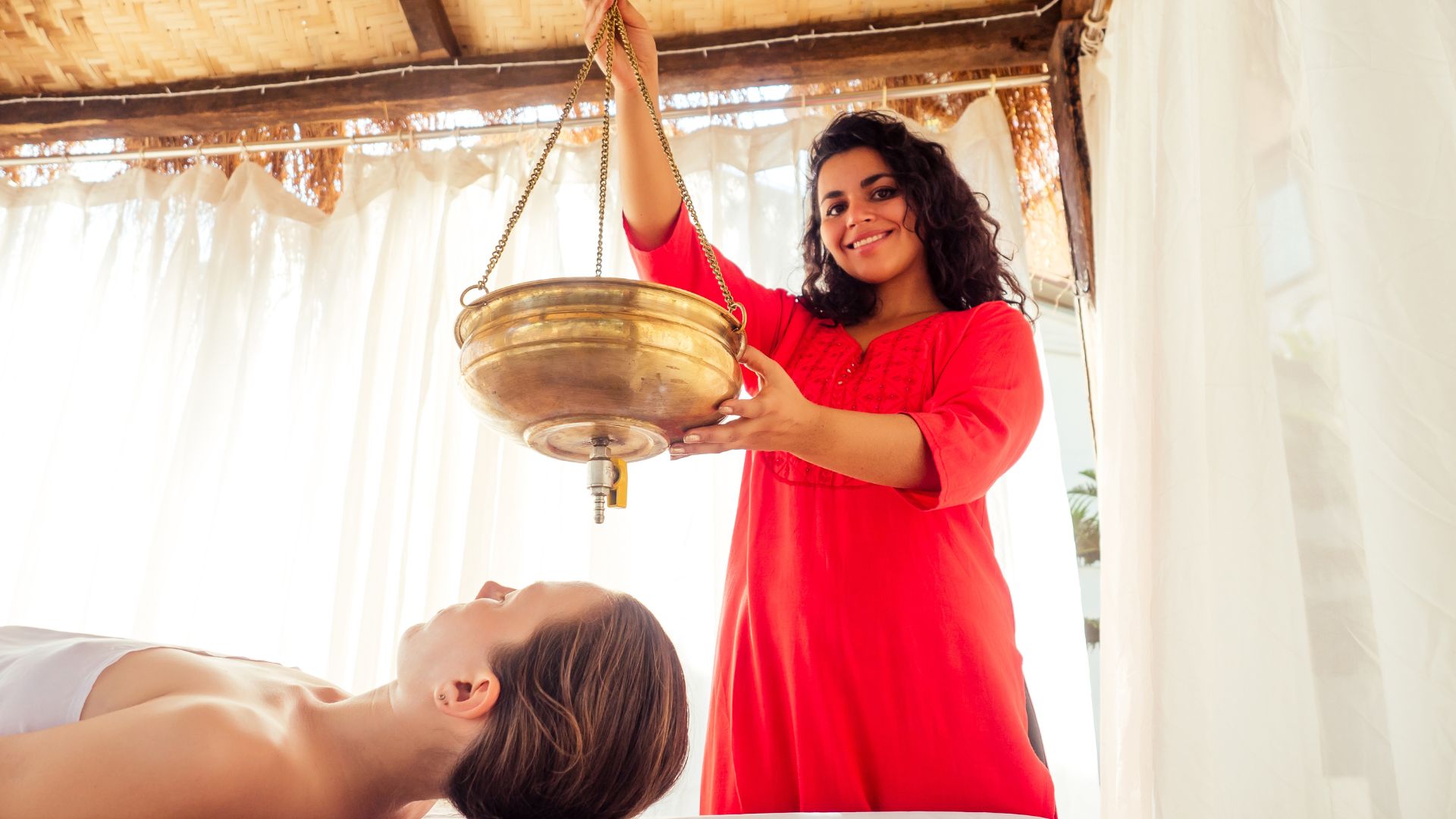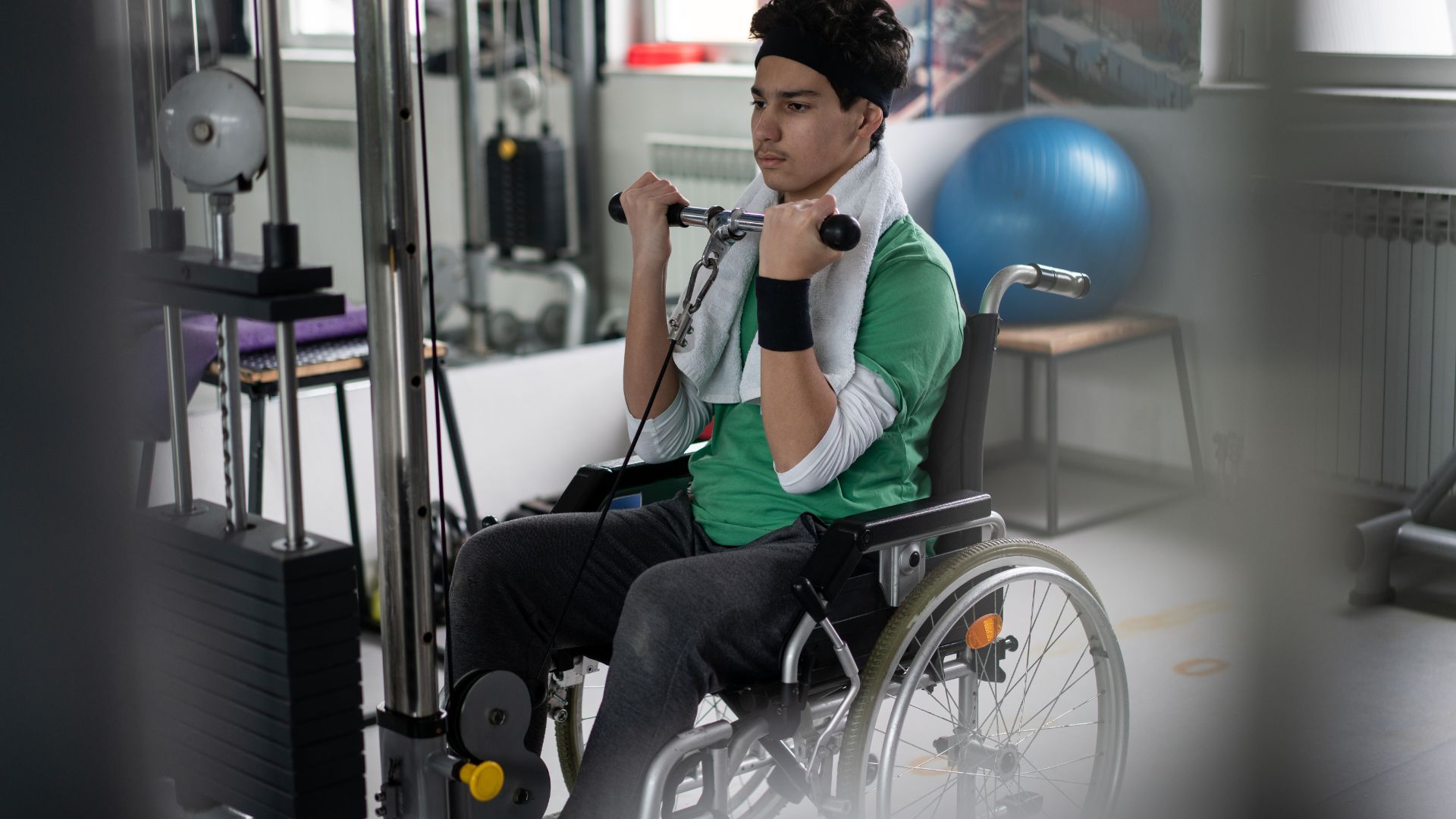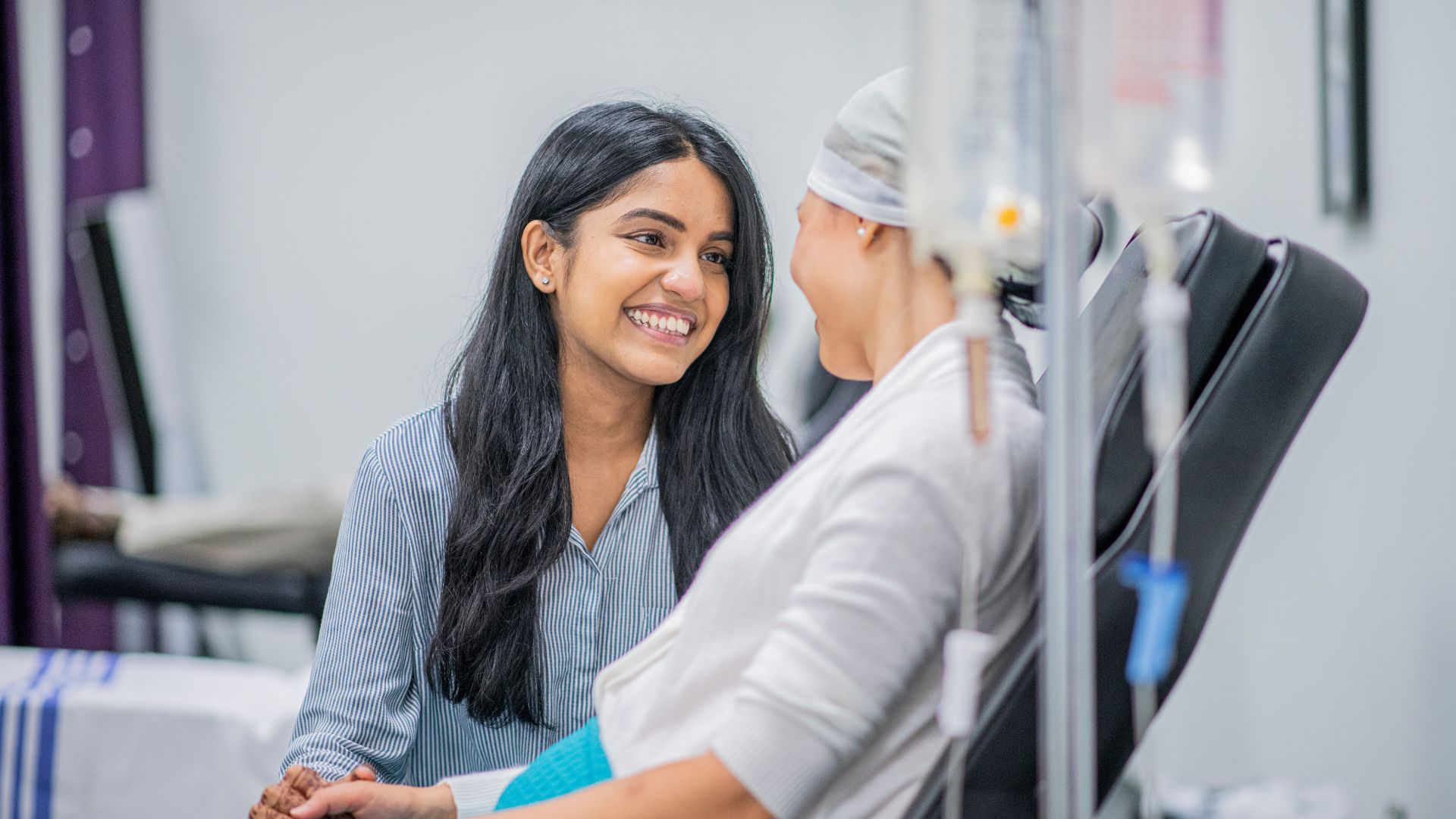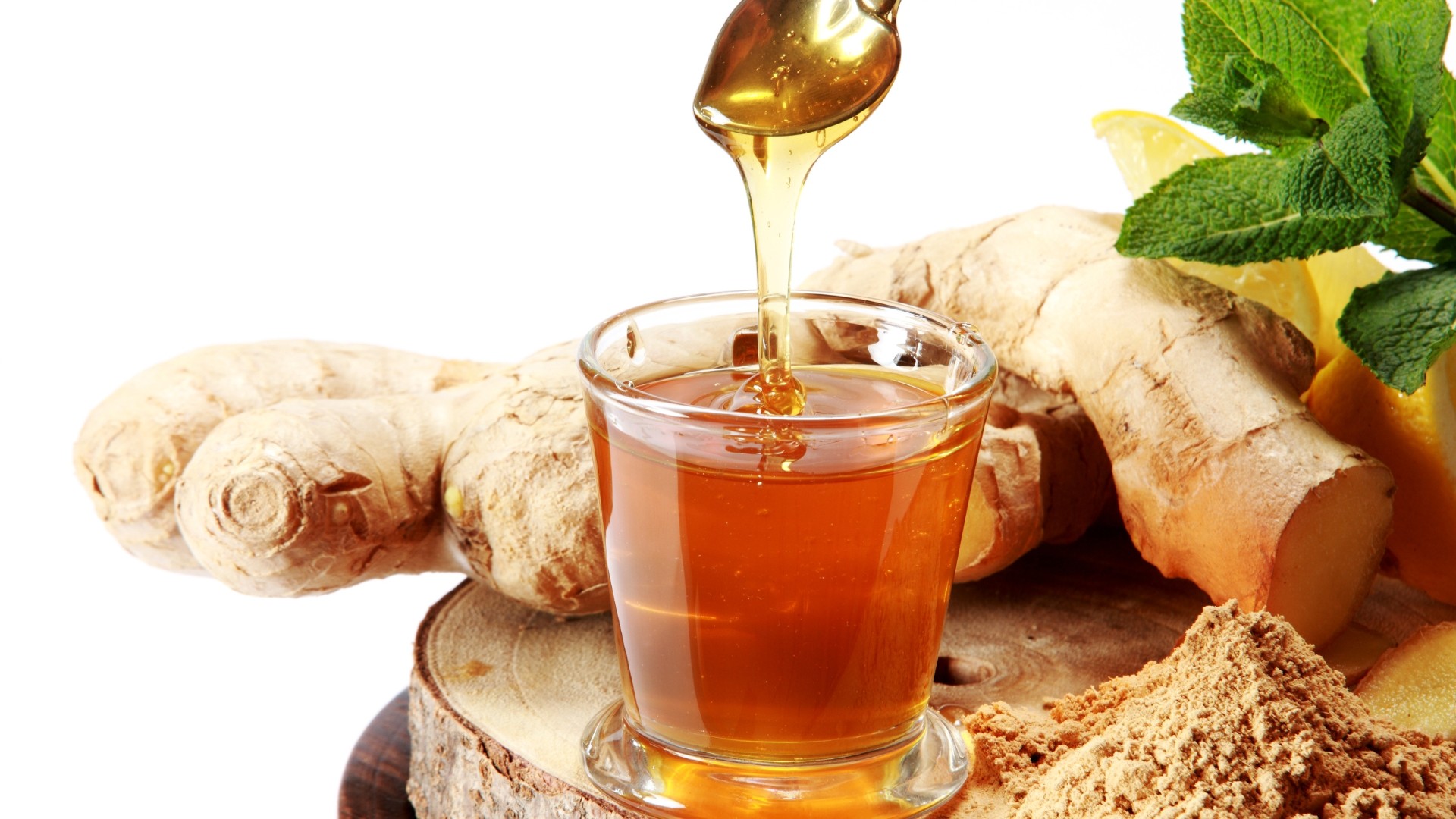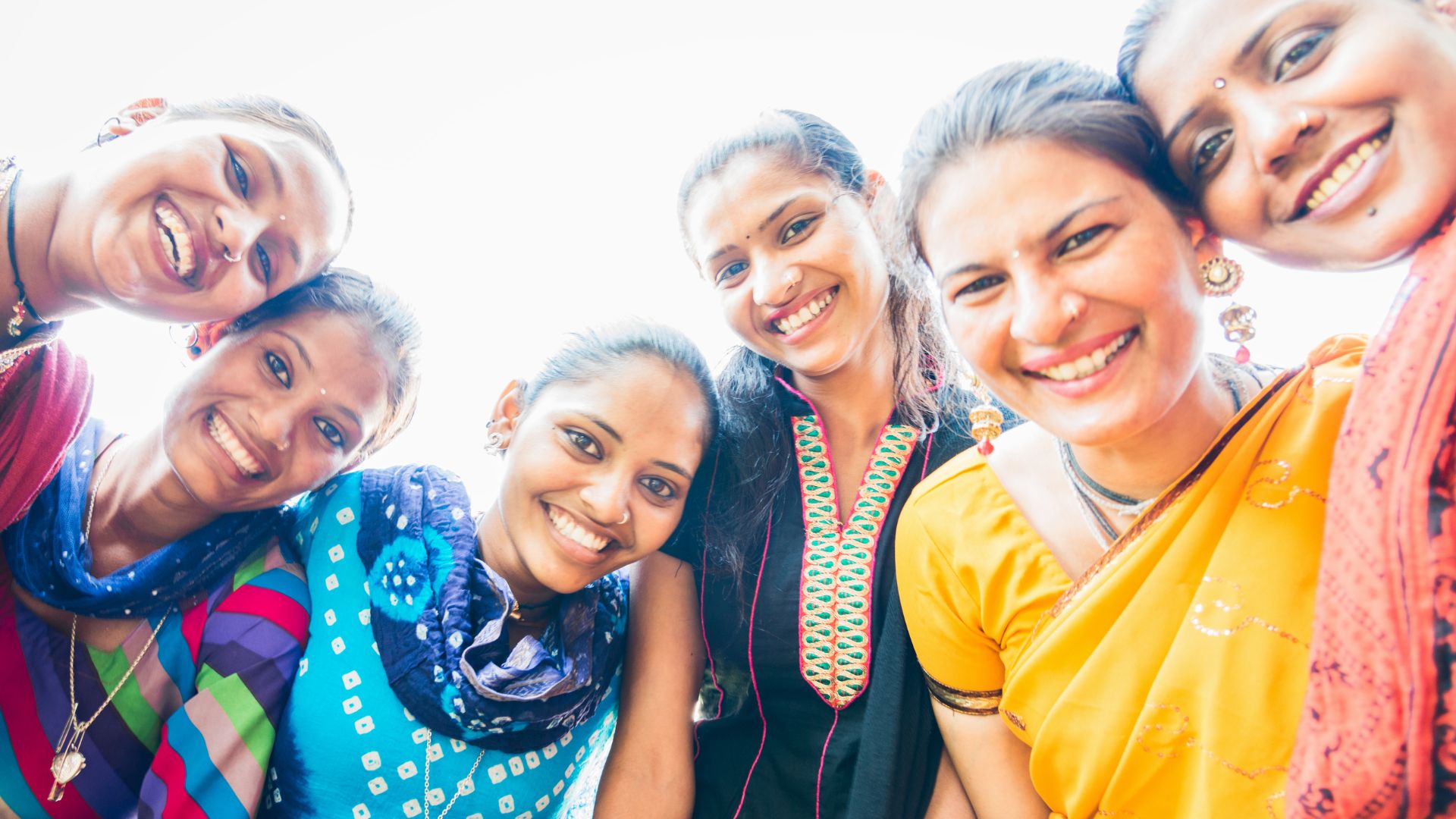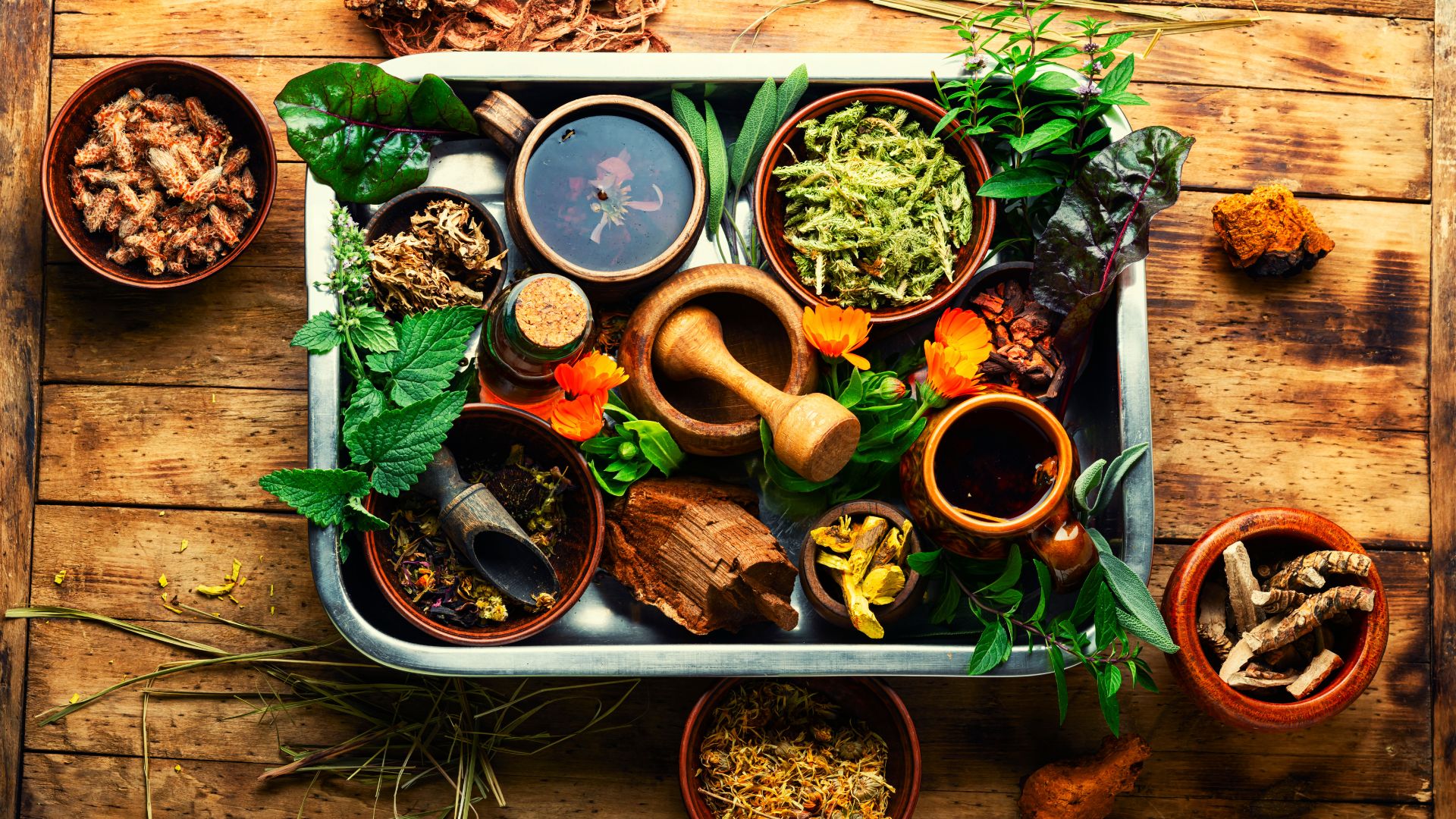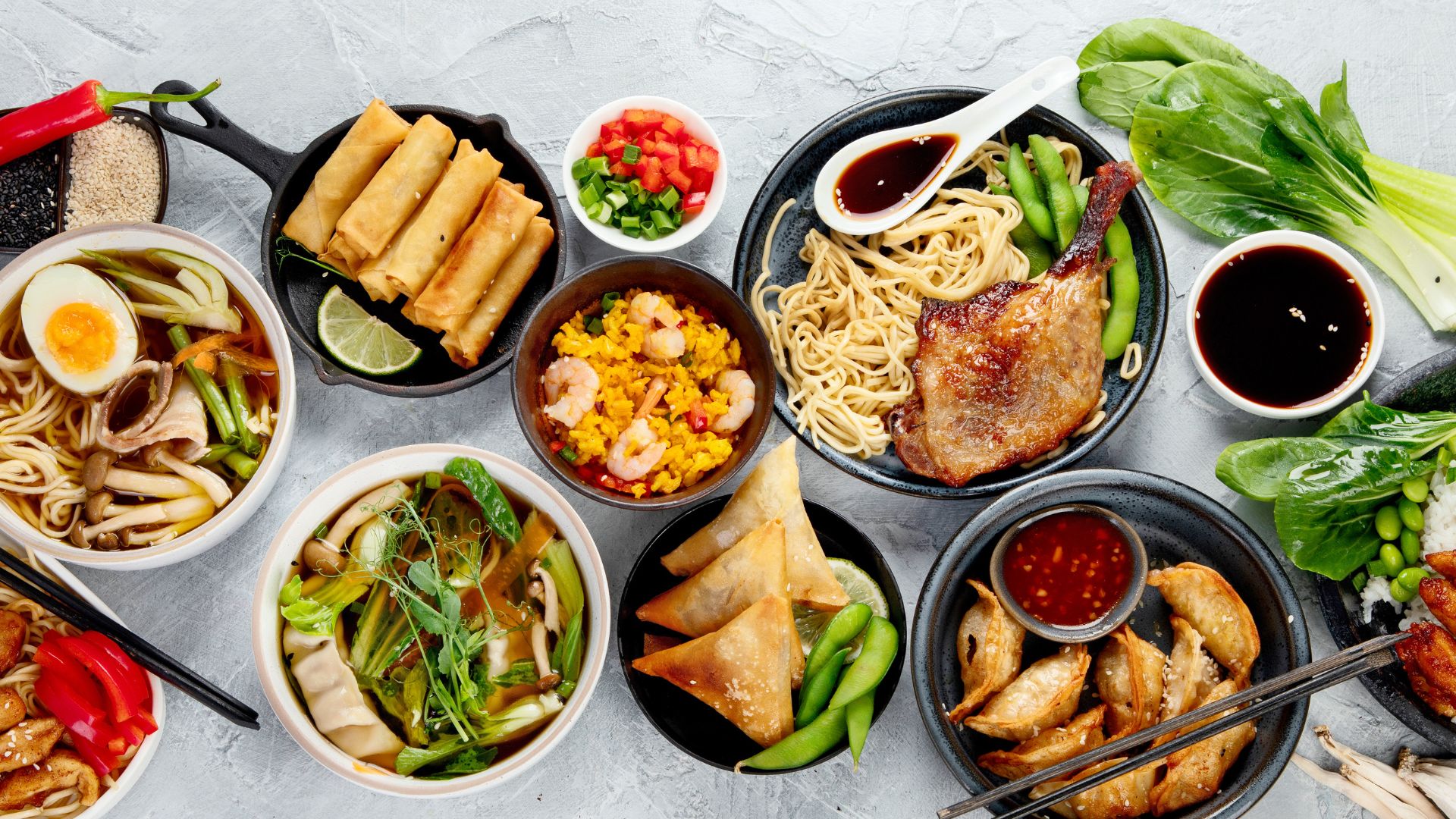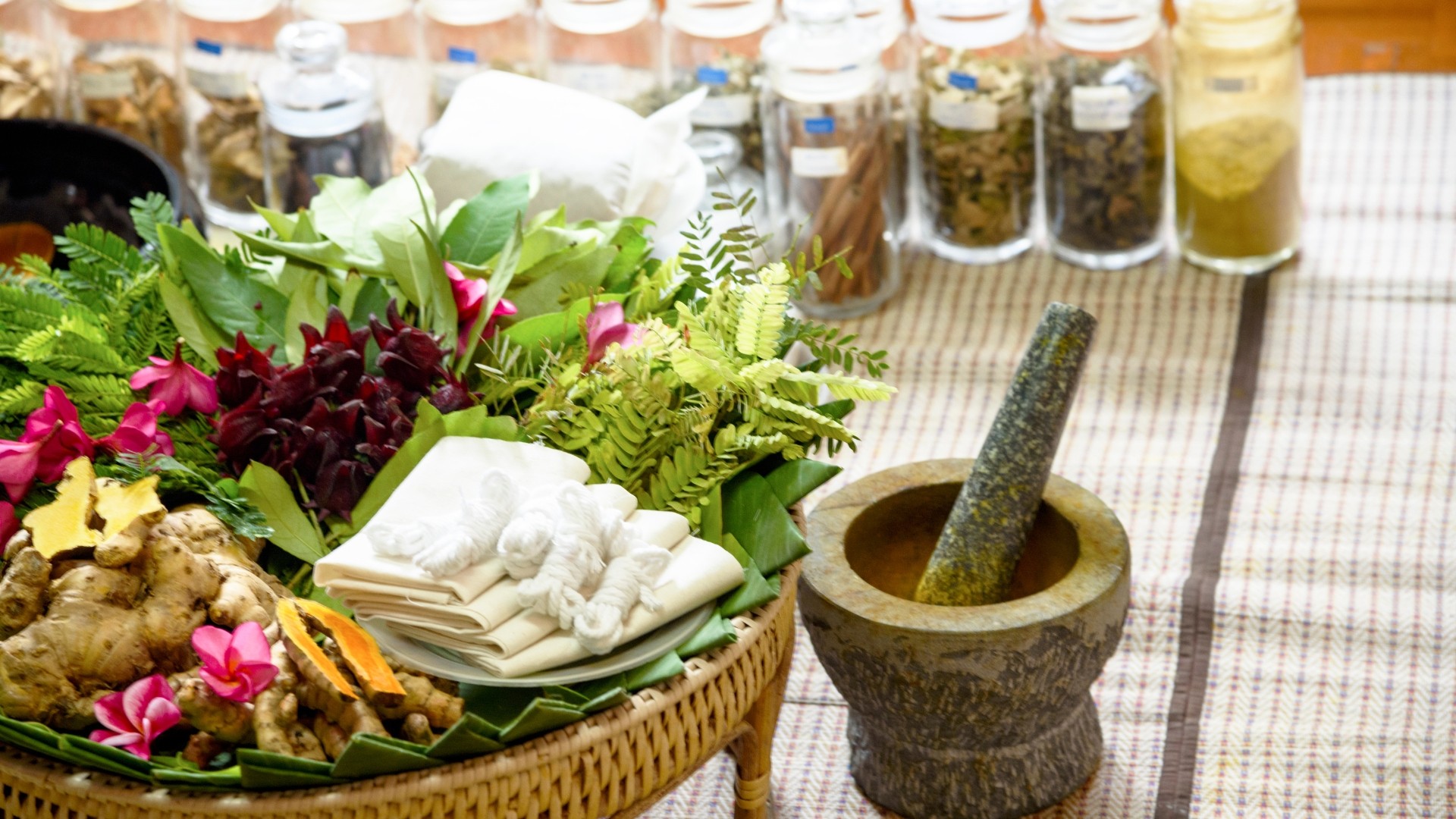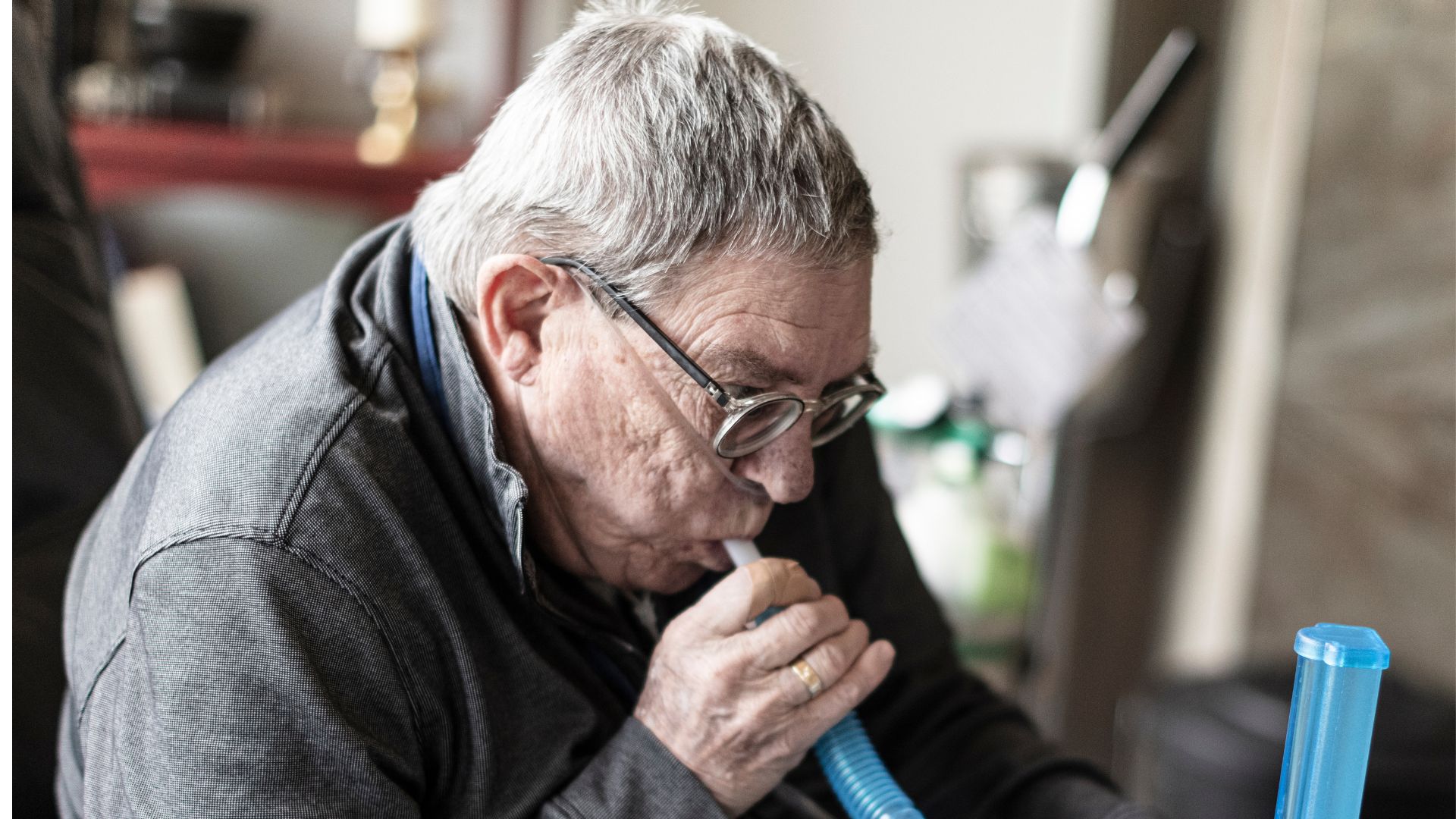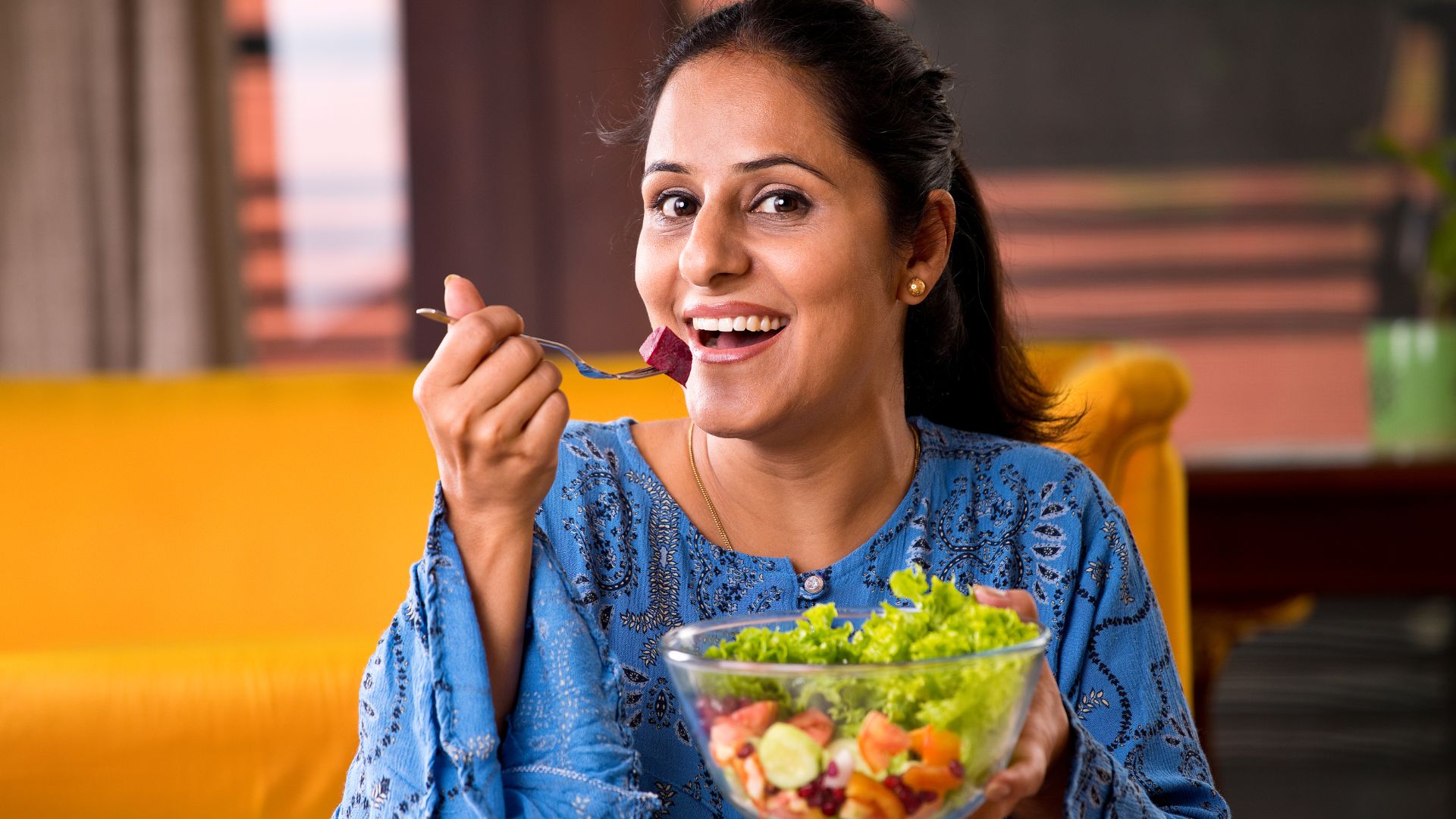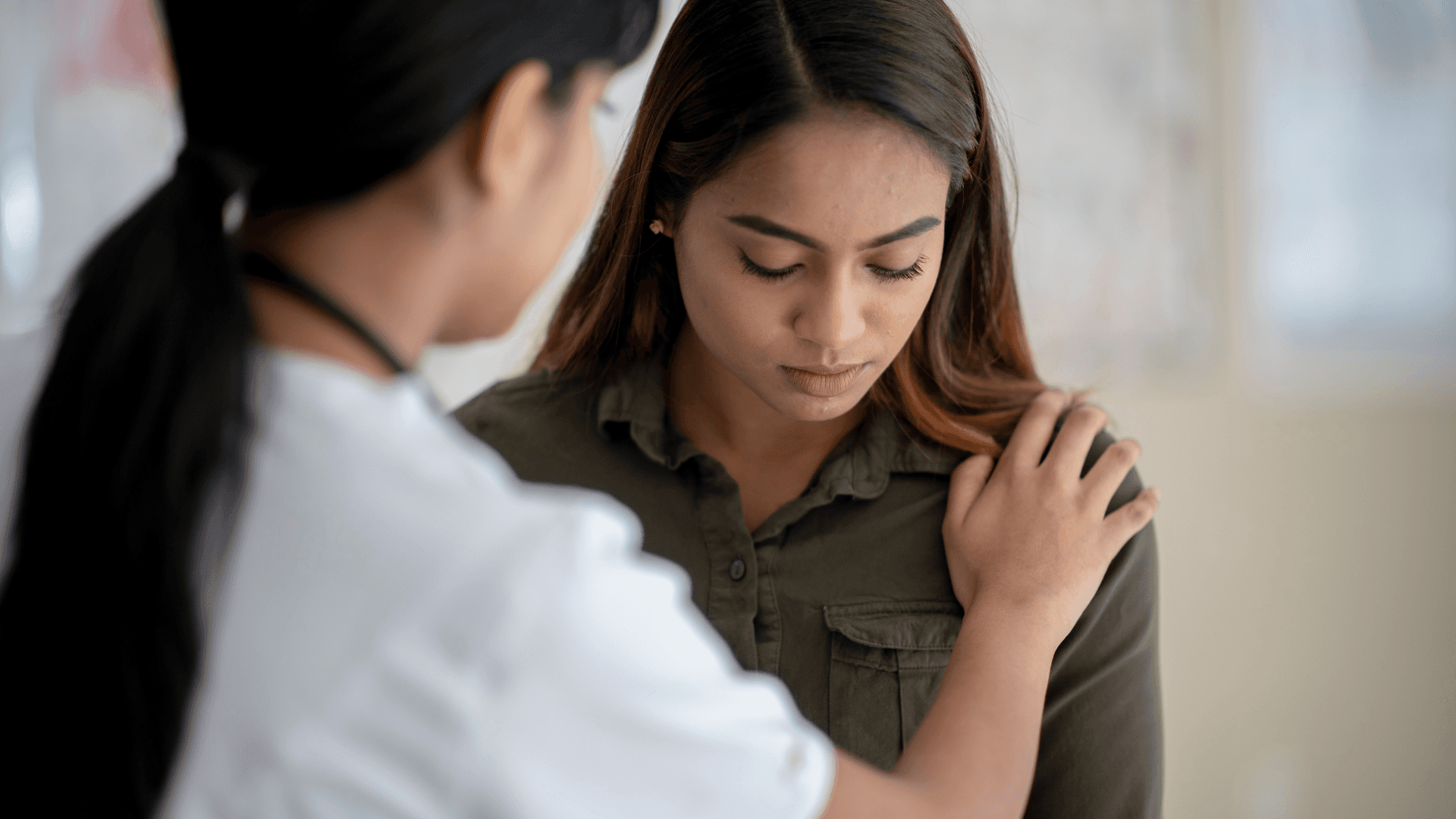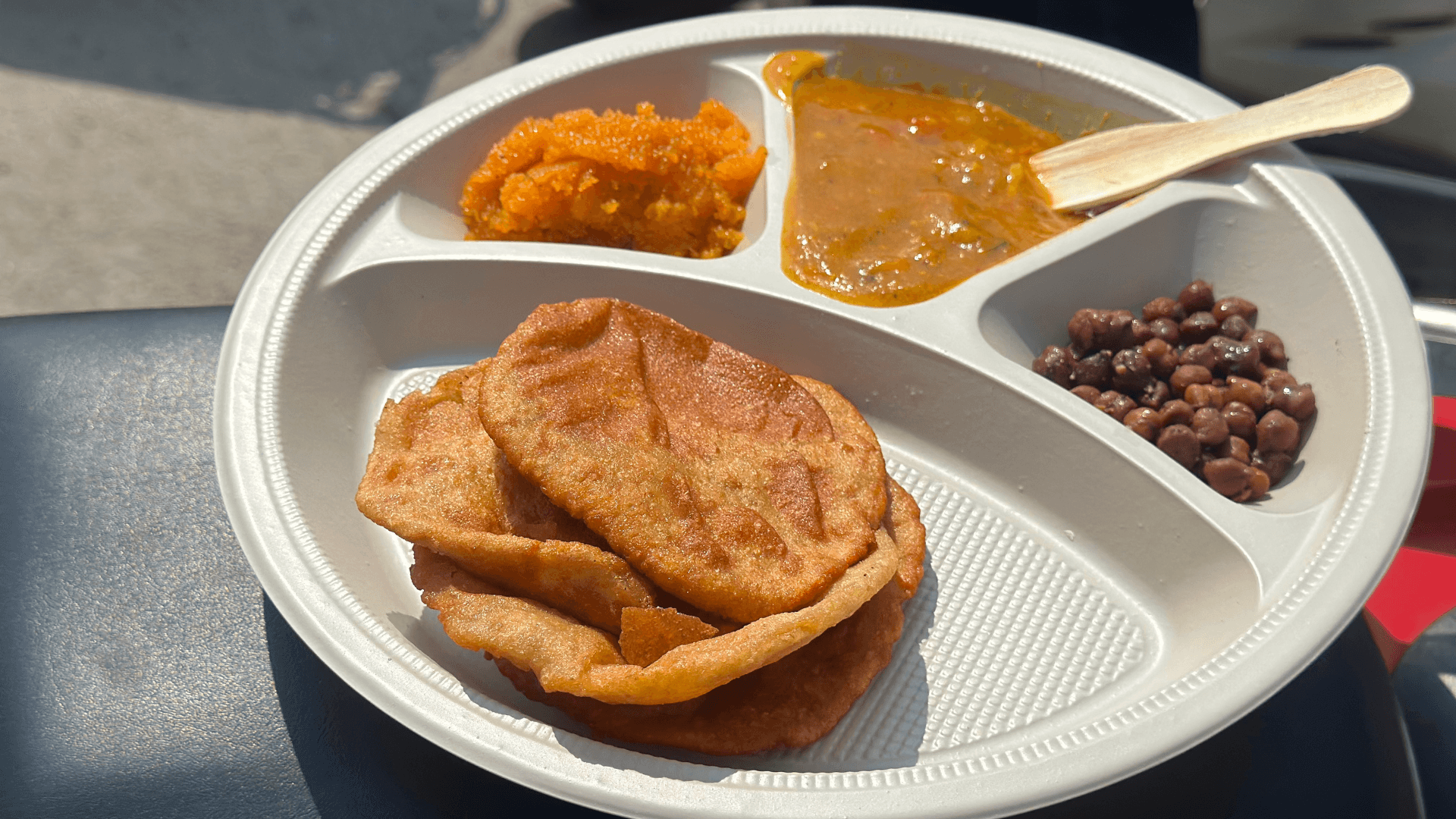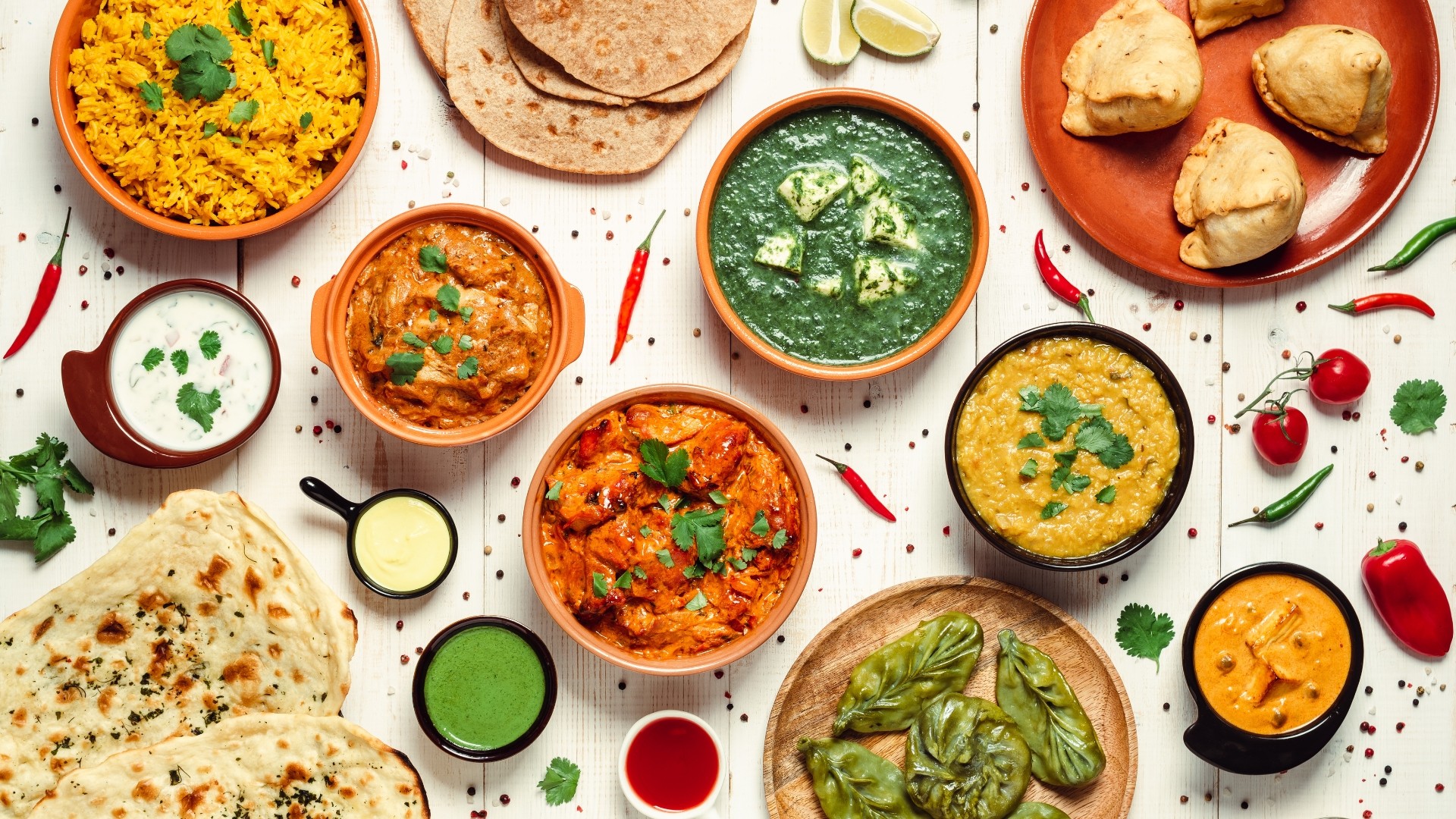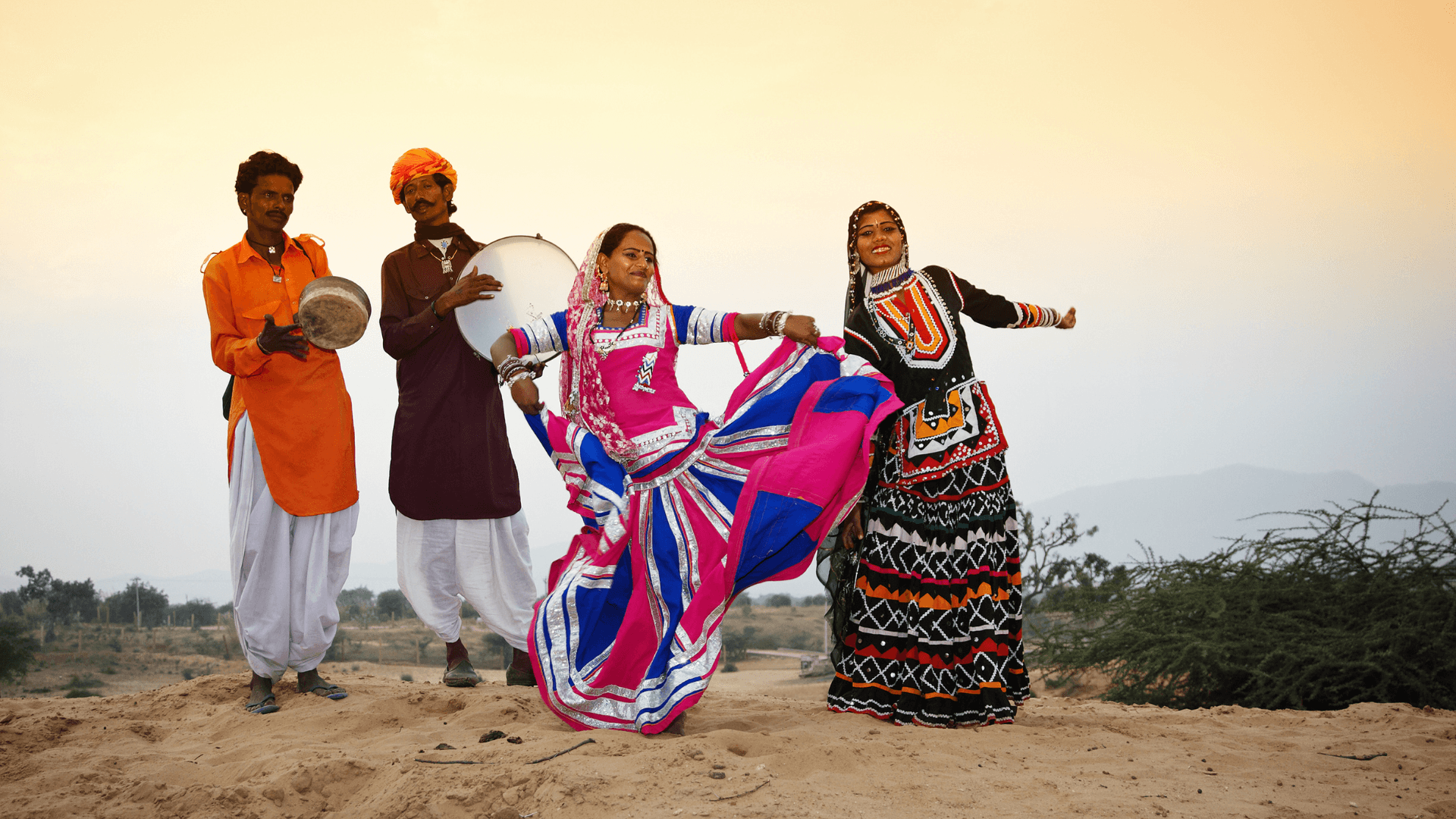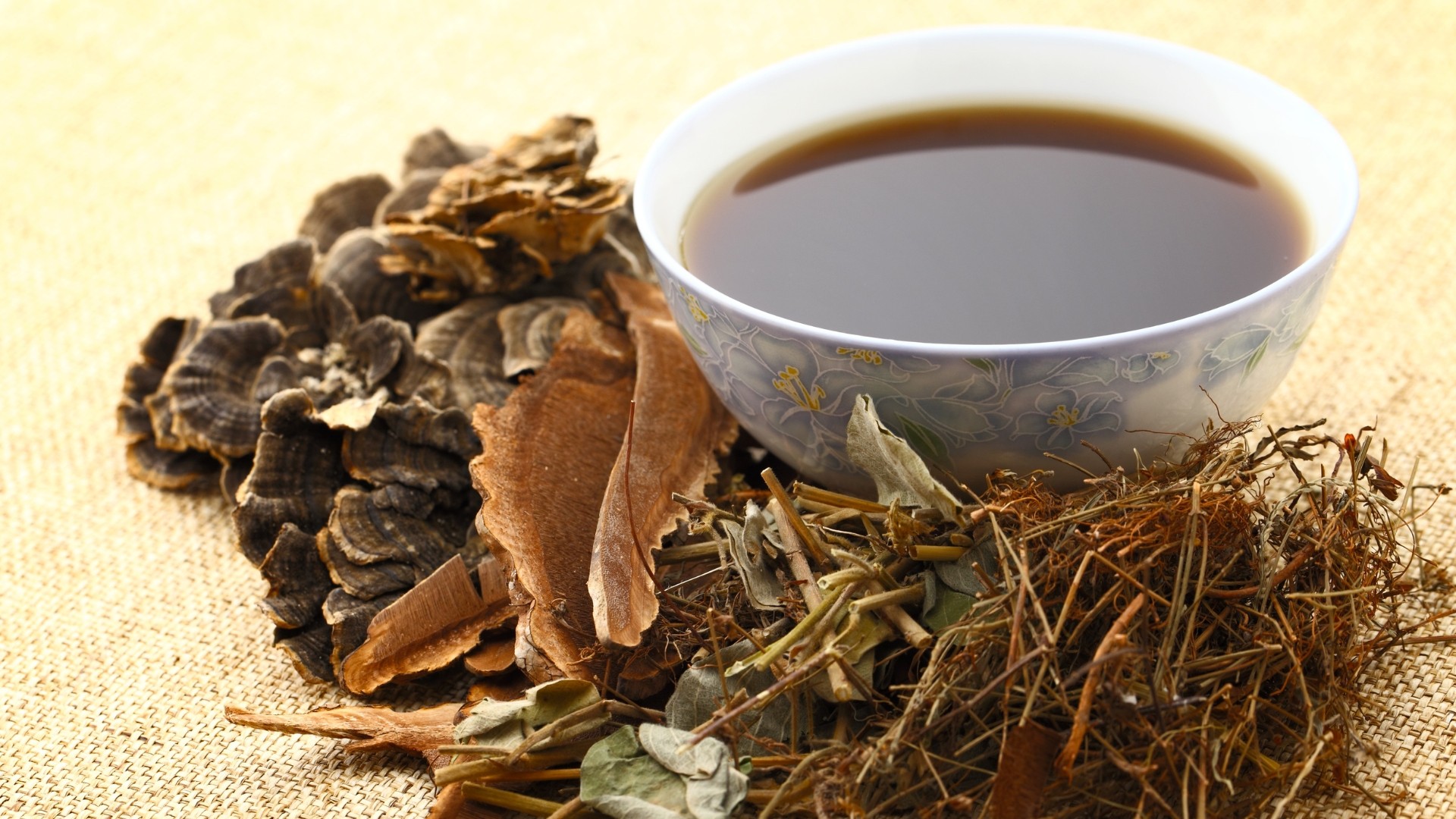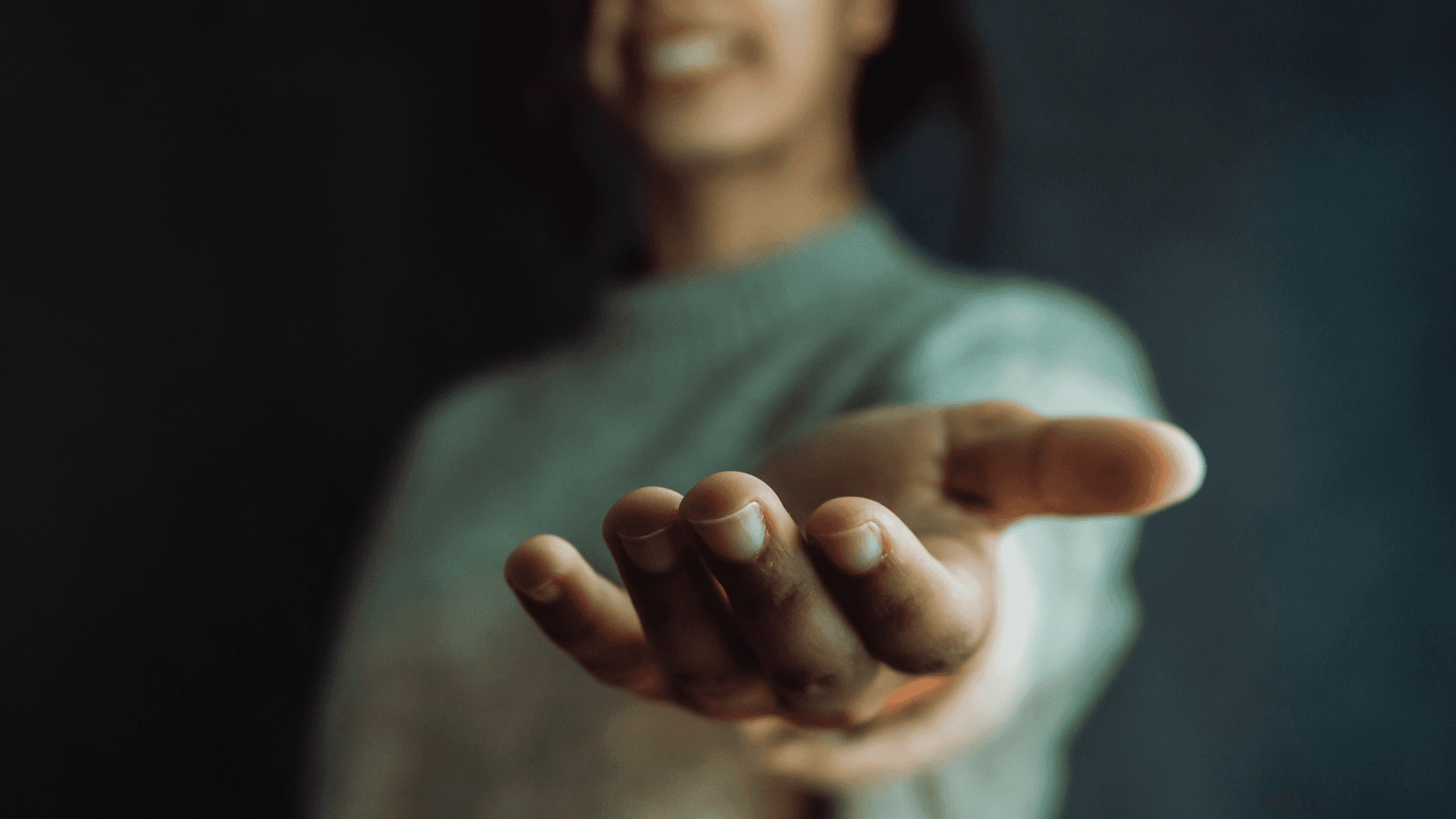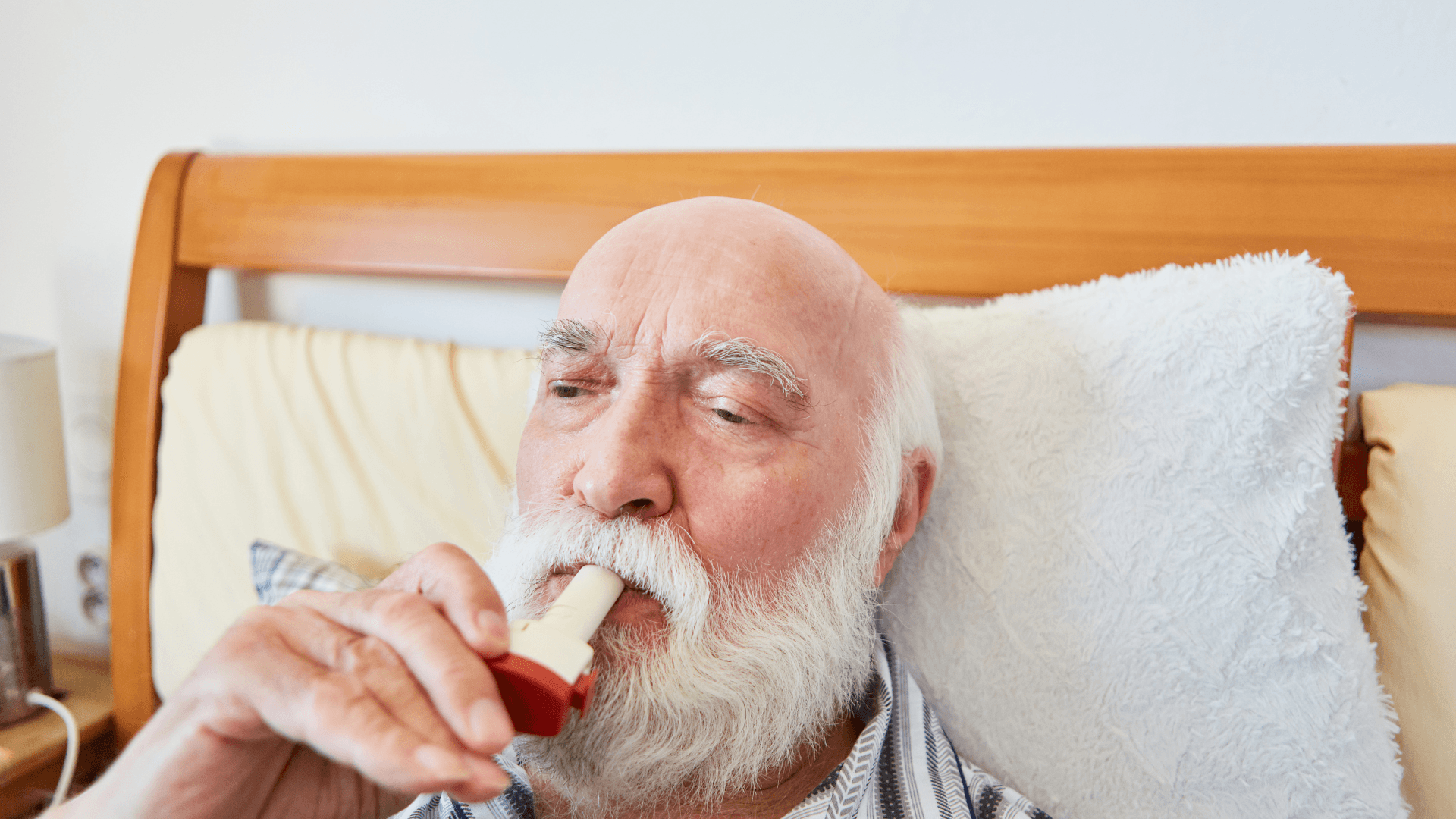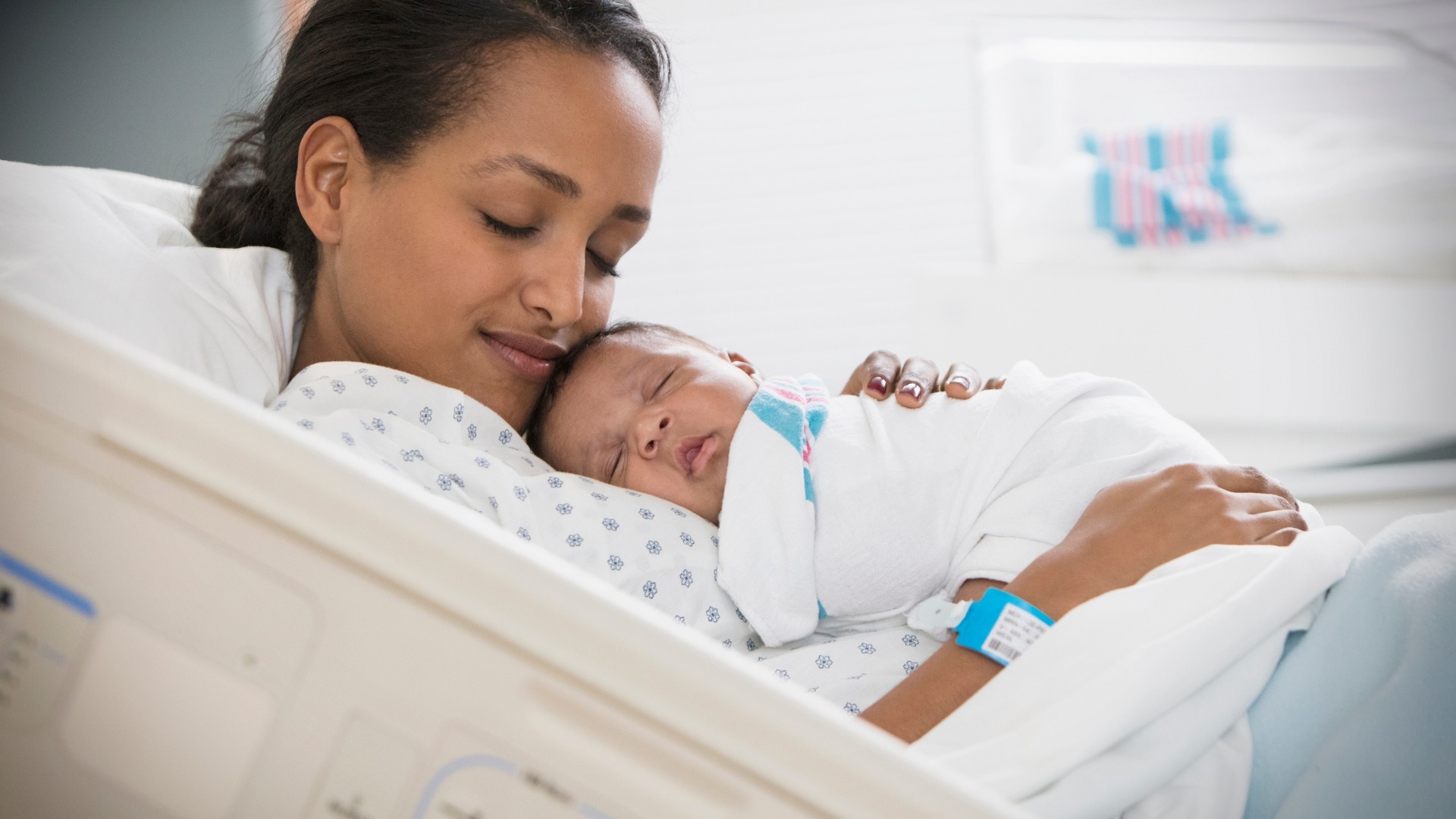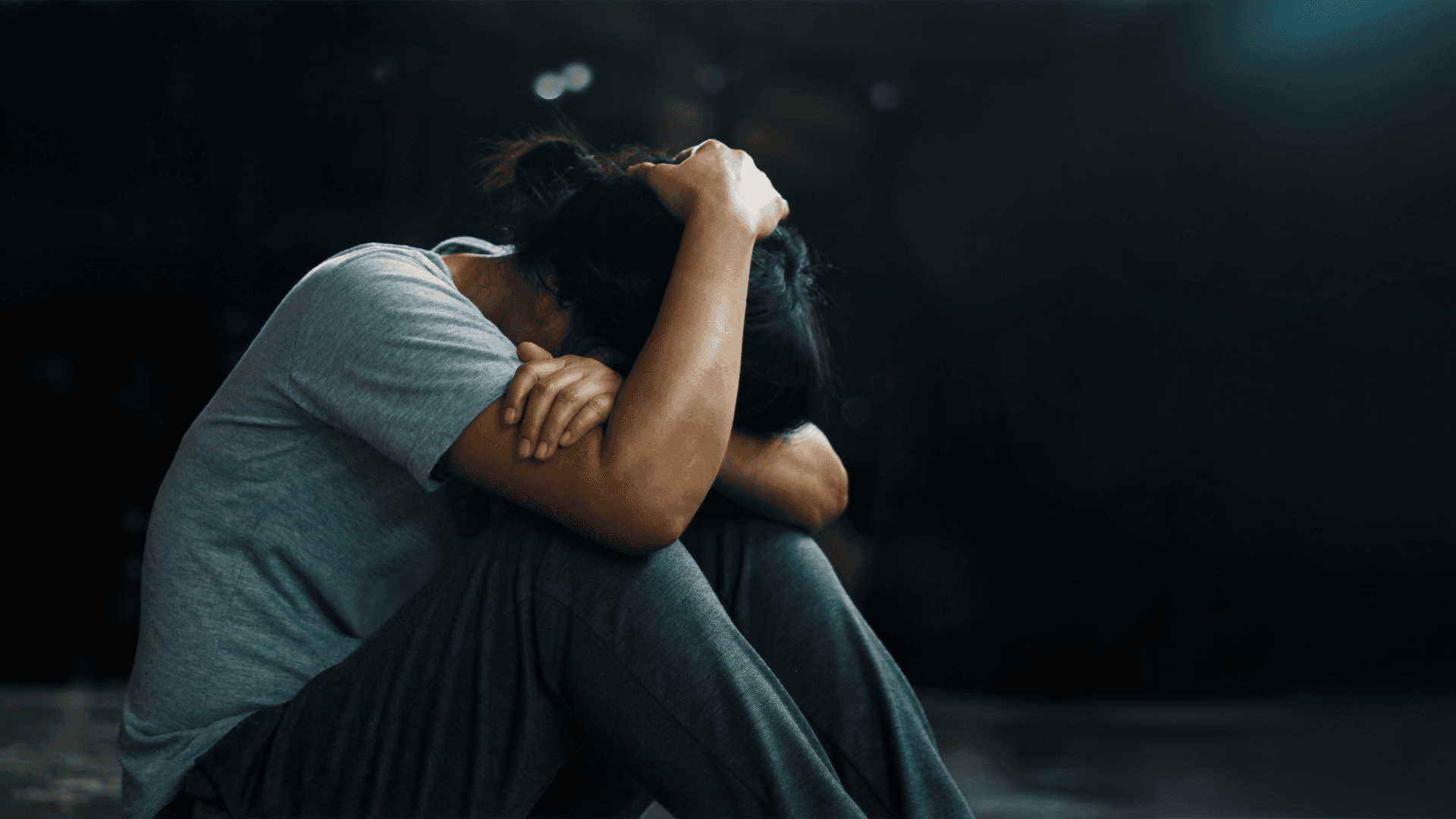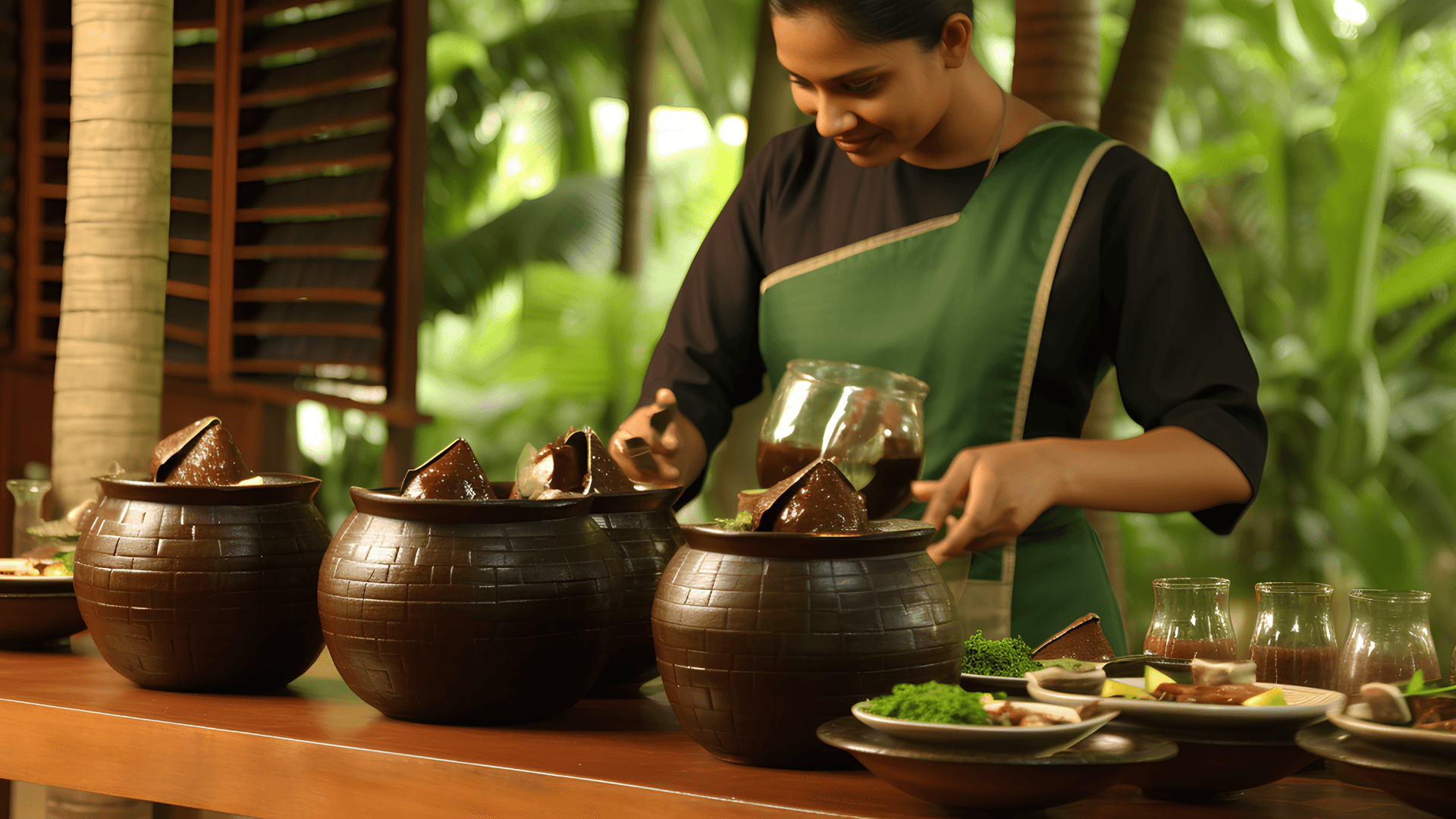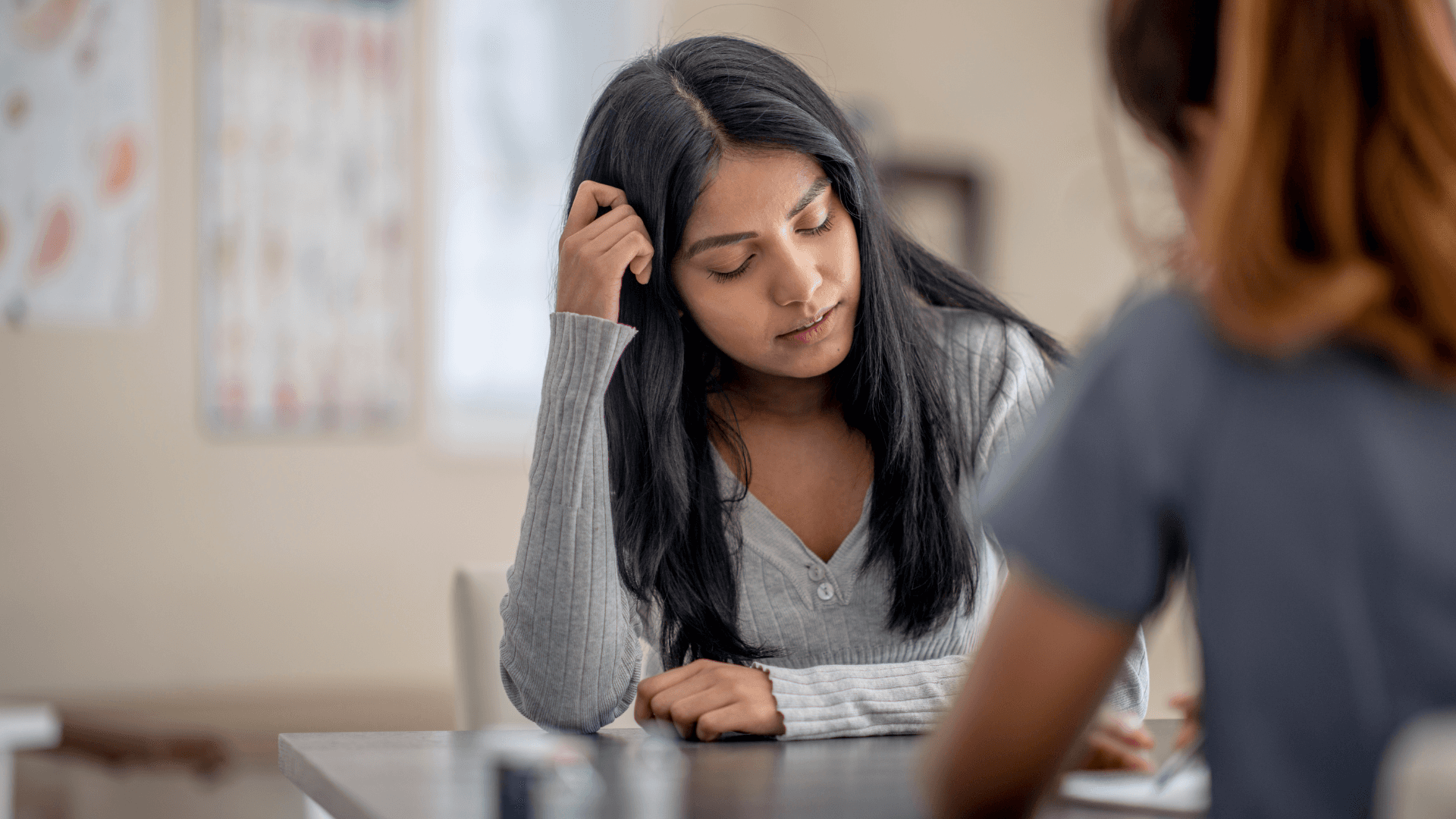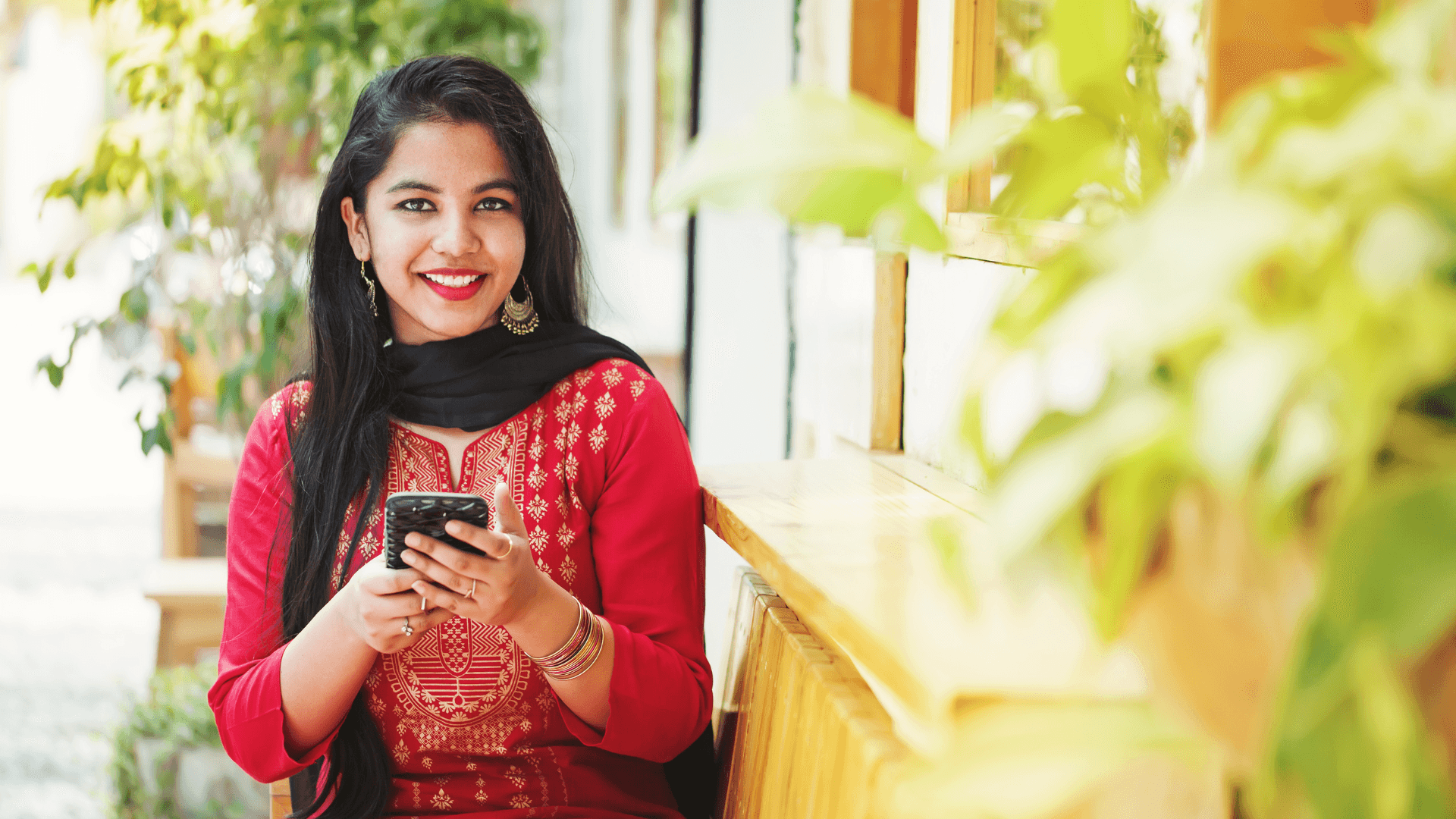Feb 1, 2024
A 2020 study published in the International Journal of Social Psychiatry found that a culturally adapted version of cognitive behavioral therapy (CBT) was significantly more effective in reducing symptoms of depression in Indian patients compared to standard CBT.
Within the realm of trauma models, the oversight of clients' cultural backgrounds poses a significant challenge, potentially rendering the experiences of South Asian women invisible when addressing issues of sexual trauma. This article aims to explore the multifaceted cultural nuances that impact the mental health of South Asian women, shedding light on resilience strategies often overlooked by traditional trauma models.
Expanding Trauma Models:
Recent calls to shift trauma models from a pathology-based to a wellness-based approach emphasize the importance of recognizing resilience as a natural response to trauma (Bonanno, 2004). A competency-based treatment approach becomes imperative for South Asian trauma survivors, acknowledging and supporting their unique coping styles and strategies that facilitate successful life navigation amidst adversity.
Cultural Lens on Resilience:
While empirical literature lacks a specific examination of resilience within a South Asian cultural framework, conceptual definitions of resilience appear culturally informed. Resilience is viewed from either an individualistic or collectivistic standpoint, emphasizing adaptability to adversity and positive developmental outcomes despite significant hardship.
Individual and Relational Aspects of Resilience:
Diving deeper into individual and relational aspects of resilience, research highlights various correlates. Individual resilience factors include intelligence, interpersonal skills, and internal locus of control, while family correlates encompass maintaining rituals, proactive responses to stressors, and fostering positive parent-child relationships. Though not directly studied in a South Asian context, these factors provide a foundation for understanding the complexity of individual and relational resilience.
Impact of Privilege and Oppression:
Examining the coping and resilience literature through the lens of privilege and oppression is crucial. While not specific to South Asian women, studies on Black female survivors indicate the importance of relational resilience, establishing relationships with role models, and connecting with spirituality. This insight prompts further exploration of resiliency approaches with collectivistic-oriented populations like South Asian women.
Acculturation and Gender:
A comprehensive exploration of resilience strategies must consider both acculturation (traditional, bicultural, Western-identified) and gender. Acculturation significantly influences mental health, with more acculturated individuals often experiencing higher psychological distress. Gender roles are shaped according to acculturation levels, impacting how sexism may affect resilience strategies.
Social Support Networks:
Beyond individual and family factors, the role of social support networks in fostering resilience among South Asian women should be explored. Investigating the influence of community ties, peer relationships, and cultural support systems can provide valuable insights into the broader networks that contribute to resilience.
Intersectionality of Identities:
Recognizing that individuals embody multiple intersecting identities, such as ethnicity, gender, and socioeconomic status, is crucial. Understanding how these intersecting identities shape resilience and coping mechanisms can contribute to a more nuanced and inclusive approach to mental health interventions.
Cultural Notions of Healing:
Exploring traditional healing practices within South Asian cultures and how they intersect with modern mental health treatments is essential. Cultural notions of healing, including the role of spirituality, rituals, and community engagement, can offer valuable perspectives on resilience that extend beyond mainstream therapeutic approaches.
How South Asia is Championing Mental Well-being
While the fight against mental health stigma and accessibility remains ongoing in South Asia, there are indeed inspiring Campaigns that showcase progress and hope. Here are some examples:
India:
Mental Health Literacy Campaigns: Organizations like Sangath and The Banyan are tackling stigma through public awareness campaigns, educational workshops, and community outreach programs. They use diverse media like street plays, radio shows, and social media to reach wider audiences.
Telehealth Initiatives: Platforms like "MindPeers" and "ePsyClinic" offer online therapy and counseling services, increasing accessibility for individuals in remote areas or facing social barriers.
Peer Support Networks: Groups like "Shanti Bhavan" and "Living Free" provide safe spaces for individuals with mental health challenges to connect, share experiences, and offer mutual support.
Pakistan:
Integration of Mental Health in Primary Care: The "mhGAP" initiative by WHO is being implemented in Pakistan, training primary healthcare providers to identify and manage common mental health conditions, decentralizing care and making it more accessible.
Mental Health Helpline: The "Sahil" helpline offers free, confidential counseling and support to individuals across the country, reducing the stigma associated with seeking help.
Community-based Interventions: Organizations like "SANE" work in rural communities, providing mental health awareness workshops, psychosocial support, and capacity building for local healthcare workers.
Maldives:
National Mental Health Policy: The Maldives has developed a comprehensive national mental health policy, outlining strategies for improving mental health services, promoting mental well-being, and addressing stigma.
School-based Mental Health Programs: Initiatives like "Project Hope" provide mental health education and support in schools, equipping students with coping skills and promoting early intervention.
Training and Capacity Building: The government invests in training mental health professionals and integrating mental health services into existing healthcare systems.
Bangladesh:
Mental Health in Disaster Relief: Organizations like "BRAC" and "RAINN" provide psychosocial support and mental health services during and after natural disasters, helping communities cope with trauma and rebuild their lives.
Media Advocacy: Campaigns like "Mukh Bhangbo" (Open Up) raise awareness about mental health through television shows, radio programs, and social media campaigns, challenging stigma and encouraging help-seeking.
Community Mental Health Workers: The "Shishu Bikash" program trains community members as mental health workers, providing crucial support and promoting mental well-being in rural areas.
These are just a few glimpses into the ongoing efforts towards better mental health in South Asia. While challenges remain, these success stories offer hope and inspiration, demonstrating the power of community engagement, innovative approaches, and dedicated individuals working towards a future where mental well-being is valued and accessible for all.
Conclusion:
This comprehensive analysis underscores the need for mental health practitioners to recognize and appreciate the intricate cultural factors influencing the resilience and trauma experiences of South Asian women. A competency-based approach, acknowledging both trauma and resilience as culture-bound, is essential. Future research should delve into the multifaceted aspects of social support networks, the intersectionality of identities, and cultural notions of healing to further enrich our understanding and treatment of South Asian women survivors of sexual violence.





